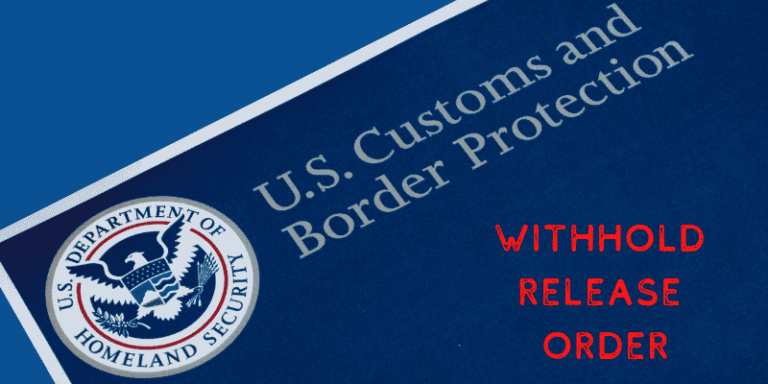The 6 Basic Components of Starting an Import Business and Understanding Customs
While “globalization” has become a buzzword in the past two decades thanks to the internet, international trade has existed for more than two thousand years. Lucky for us, starting an import or export business no longer involves traversing the 5,000 mile stretch of what was known as the Silk Road.
The ability to advertise on the Internet to foreign markets coupled with the decrease of global trade barriers has improved the opportunities to, and increased the potential of, a company conducting business outside of its home country.
Imported merchandise is essential to American businesses, the consumer market, and developing countries. Starting an import business will allow you to purchase imported goods and resell them to either the general consumer public or to other businesses looking to sell the merchandise. It is also essential that import businesses meet the terms of the U.S. Customs and Department of Homeland Security (CBP) regulations for safe shipping practices so as to safeguard that hazardous materials and or illegal items are not brought into the United States.
Though it is the shared responsibility of both the CBP and the import businesses to comply with the regulations, it is highly recommended that you become familiar with applicable laws, regulations, and specific requirements for certain commodities. And because of the number of possible scenarios with consideration to the global supply chain, it is difficult to know where to begin.
Here are the 6 basic components of starting an importing business and understanding Customs:
These components will help you understand what is required of you to get started, which experts to contact and where to find them, as well as which resources will be most useful. This is not a full listing of laws and regulations; contact your nearest CBP office with any specific questions.
Licensing
The CBP does not require importers to have a license but acts in an administrative capacity for agencies that do. First, check with your local and state authorities to see if import licensing is required. Then, visit USA.gov to review permits, licenses, and certifications required by other government agencies.
Obtain Licensing & Education
Even if you are not required by your local government or other entities to obtain a license, acquiring an education in international trade is a resource that will provide endless value to your importing business. Look for courses and certifications that are certified by the NCBFAA Educational Institute.
Importer Number
An importer number is your IRS business registration number. Or, if you do not have one yet, you can use your social security number. Either way, this number is required for all CBP entry forms. You also have the option of requesting an assigned number for use on entry forms by completing a CBP Form 5106.
Ports of Entry
Before deciding on a port of entry (or multiple ports) to import your merchandise, contact a CBP import specialist at your nearest port. Be sure to request a specialist who has been assigned to the types of goods you plan to sell. Be prepared to answer the following questions:
- In what country did the merchandise and manufacturer originate?
- What is the composition of the merchandise?
- What do you intend to use the goods for?
- What is the price of the items? (And other pricing information so as to determine value)
In return, the import specialist can provide specific knowledge on your commodity, give you classification and specific requirements advice, as well as inform you of duty rates.
Get to know the CBP Trade website
This particular page on the CBP website is an invaluable tool for importers and exporters. In addition to basic trade information, you will find the latest data on priority trade issues, systems, and programs, as well as rulings and legal decisions.
File an Entry
Though you may file an entry on your own, it is recommended that you consult a licensed Customs Broker before you do. Depending on the merchandise, as well as the port, procedures can sometimes be complicated. Having an expert on your side can be reassuring. Contact the port of entry that you intend to use for a listing of their Customs Brokers.
Conclusion
Understanding the responsibilities as well as customs requirements is essential to starting an import business. Identifying the appropriate experts and utilizing available trade resources will go a long way toward protecting your business. By educating yourself on international trade, you are creating a competitive edge for your business, right from the very beginning.








